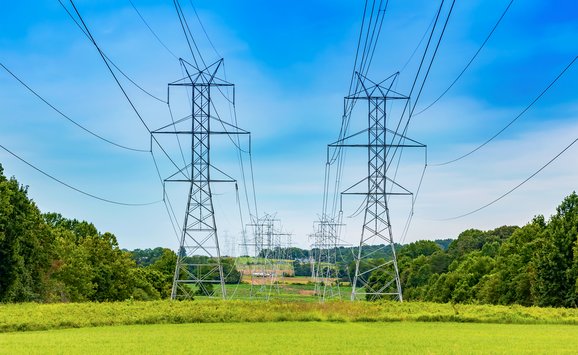The Shultz-Baker carbon tax proposal—outlining a $40 per ton tax on carbon dioxide emissions (to be collected at the refinery level or well, mine, or port), with revenue returned to the American public—has been hotly debated since it was released in early February. Proponents favor implementation of the tax to replace the Obama administration’s Clean Power Plan, which would reduce US power-sector emissions via regulation under the Clean Air Act. Those against the proposal argue that this type of overhaul may not produce the desired outcome, as highlighted by a recent Wall Street Journal editorial, which notes that “in the real world the Shultz-Baker tax is likely to be one more levy on the private economy. Even if a grand tax swap were politically possible, a future Congress might jack up rates or find ways to reinstate regulations.”
RFF experts Arthur G. Fraas and Nathan Richardson examined the questions associated with implementing a carbon tax versus regulating emissions under the Clean Air Act, looking at issues including scope, cost-effectiveness, ability to generate revenue, and the impact on international climate negotiations for either policy approach—finding that “there’s no easy answer to whether regulation or a carbon price is the better instrument.” According to the authors, “experience in many policy areas shows that flexibility in light of new information is important. If costs or benefits are different from what we expect, it’s important to be able to make the policy more or less stringent to account for that change. A simple carbon tax can’t do that without additional intervention from Congress. But EPA … is required by law to account for new information on risks and (often) cost. On the other hand, a carbon price needn’t be so simplistic—automatic triggers could be included to change the price if certain events happen, such as including a trigger requiring a higher tax when global CO2 concentrations exceed a certain level or, alternatively, when other major emitters like China adopt policies of their own.”
Read more analysis by RFF experts on a carbon tax—Considering a US Carbon Tax: Economic Analysis and Dialogue on Carbon Pricing Options.
RFF on the Issues connects today’s pressing news with related research and expertise at RFF.
Ed. note: This post has been updated to clarify where the tax will be assessed.
The views expressed in RFF blog posts are those of the authors and should not be attributed to Resources for the Future.




